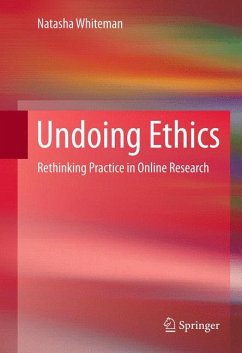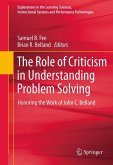Researchers entering into online environments for the purposes of research need to be able to demonstrate that they have considered the ethics of their practice, their use of data, and their relationship to the researched settings. No matter what the activity they are interested in, it is likely that they will be asked to account for the decisions they make and describe the strategies they have developed for managing the ethics of their work. The conflicting guidance on Internet-research practice and the diverse nature and characteristics of different online environments can make this task difficult. This book examines some of the challenges that researchers may face when researching online activity and the ways that existing guidance on research ethics can inform our responses to these. It further conceptualises the doing of research ethics as involving the production of an ethical stance in respect of key ethical issues and methodological decisions. This stance is established in relation to a number of different domains in which ethics are articulated/embodied (rather than involving self-evident notions of what actions might be 'good' or 'bad') and involves a consideration of the researcher's accountability to different audiences and interested parties. The chapters examine the ways such stances might be established and unsettled during research and the resources that might be used to inform this ongoing work.
Dieser Download kann aus rechtlichen Gründen nur mit Rechnungsadresse in A, B, BG, CY, CZ, D, DK, EW, E, FIN, F, GR, HR, H, IRL, I, LT, L, LR, M, NL, PL, P, R, S, SLO, SK ausgeliefert werden.









